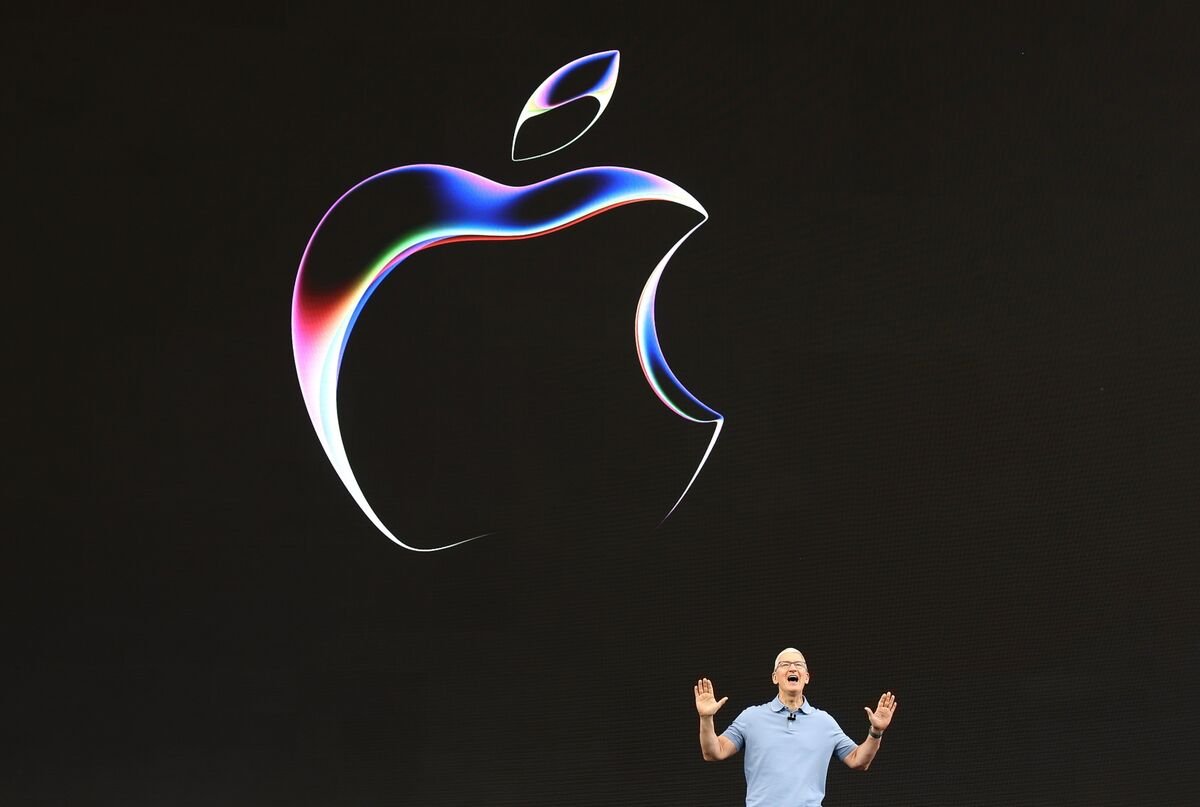Apple is reportedly planning to process data from AI applications within a “virtual black box” environment. This initiative aims to enhance data security and user privacy by keeping sensitive information on the device rather than transferring it to cloud servers. Here’s a comprehensive look at what this means and how it could impact users and developers.
Enhancing Privacy and Security
Apple’s commitment to user privacy is well-documented, and this new move aligns with that ethos. The concept of a “virtual black box” involves processing AI data locally on the device, significantly reducing the risk of data breaches and unauthorized access. By keeping data on the device, Apple can ensure that user information, such as personal images and interactions, remains secure and private.
The Role of On-Device AI Processing
The foundation of this approach is rooted in Apple’s previous acquisitions and technological advancements. For instance, the company’s acquisition of Xnor.ai, a startup specializing in low-power, edge-based AI, has paved the way for sophisticated on-device processing. Xnor.ai’s technology allows AI tasks to be executed on devices without relying on constant network connections, thus conserving battery life and enhancing performance.
Benefits for Users and Developers
For users, this means enhanced privacy, as their data is not constantly being transmitted over the internet. For developers, it opens up new possibilities for creating AI applications that are both powerful and efficient. Apple’s Neural Engine, integrated into its latest devices, supports these advanced AI capabilities, enabling applications to run complex models directly on the device.
Potential Applications
One of the most notable applications of this technology is in the realm of health and fitness. Apple’s devices, such as the Apple Watch, already leverage on-device AI for features like heart rate monitoring and sleep tracking. By enhancing these capabilities with local data processing, Apple can offer even more accurate and responsive health-related functionalities.
Moreover, the virtual black box approach can benefit other applications like facial recognition, object detection, and augmented reality. For instance, Apple’s ARKit could use on-device AI to create more immersive and interactive experiences without compromising user privacy.
Challenges and Future Outlook
While the benefits are clear, there are challenges to consider. On-device processing requires significant computational power and efficient energy use, which Apple addresses through its custom silicon chips like the M1 and A14 Bionic. These chips are designed to handle intensive AI tasks while maintaining battery efficiency
Looking ahead, this move could set a new standard for privacy in AI applications, pushing other tech companies to adopt similar practices. As AI becomes more integrated into everyday devices, ensuring that data remains secure and private will be paramount.






























